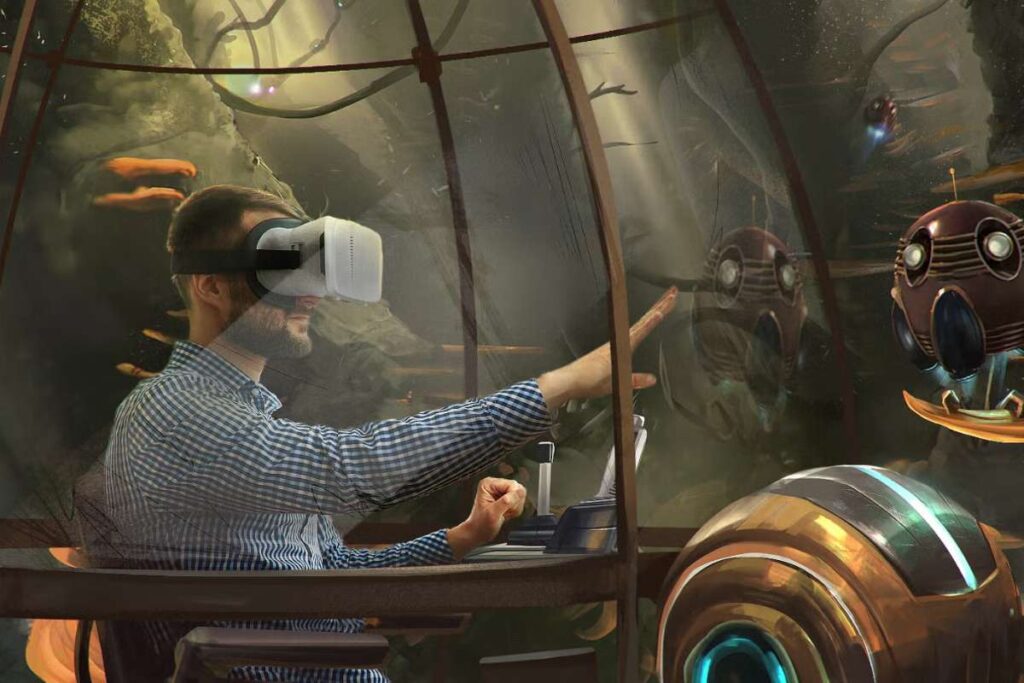Virtual Reality VR Biology Program Drives Academic Gains in Science
A groundbreaking study has confirmed the transformative impact of Arizona State University’s (ASU) virtual reality (VR) learning program, Dreamscape Learn, on science education across the country. Involving over 4,000 university students enrolled in VR-enhanced biology courses, the research revealed substantial improvements in academic performance, student satisfaction, and retention in STEM (science, technology, engineering, and math) fields.
The immersive, story-driven VR Biology Program experiences used in ASU’s VR Biology Program led to an average final lab grade of “A” for more than 90% of participants, regardless of their demographic background. Students also reported greater engagement and were more likely to stay in STEM majors for at least a year following the course. “We believe this will have a tremendous impact on national STEM education and begin to help solve the critical need of producing the highly skilled science workforce of the future,” said Lisa Flesher, chief of Realm 4 initiatives at EdPlus and a clinical assistant professor at ASU.
Students Embrace VR Biology Program as a Transformational Learning Tool
The study employed a comprehensive evaluation process, including pre- and post-course surveys, student interviews, and classroom observations. Among the most notable findings were academic improvements of approximately one-quarter letter grade in final course outcomes for students advancing from introductory biology (Bio 181) to more advanced levels (Bio 182), as well as similar gains in upper-division 300-level biology courses.
Student feedback further emphasized the impact of the VR format. Learners rated the immersive Dreamscape Learn labs a perfect 5 out of 5 in terms of satisfaction and engagement. Annie Hale, the study’s lead researcher and executive director at EdPlus, noted that the program’s emotionally resonant storylines played a critical role. “What we’re seeing is that immersive, emotionally engaging storylines in Dreamscape Learn help students think and feel like scientists,” she said. This emotional connection to the material, experts believe, enhances knowledge retention and makes complex concepts more relatable.
Expansion Plans and National Reach Underway
ASU’s VR initiative, part of its larger “NeoBio” biology education reform, was recently honored at the Edison Awards, an international recognition for innovation and leadership. Beyond ASU’s own campus, the program is already making waves. Collaborations with like-minded K–12 schools and higher education institutions have extended Dreamscape Learn to over 20,000 students outside ASU — in addition to the 25,000 ASU students who have already participated.
Looking ahead, ASU VR Biology Program plans to expand Dreamscape Learn into additional disciplines, including chemistry, sustainability, space exploration, engineering, business, and the humanities. These next-generation learning experiences are currently in development and are expected to launch soon.
The research findings and future plans for Dreamscape Learn will be discussed in detail during a panel session at the upcoming ASU+GSV Summit in San Diego, California, on Tuesday, April 8, at 1 p.m. PDT. As institutions continue to explore how technology can redefine education, ASU’s efforts could become a model for the future of immersive learning.

